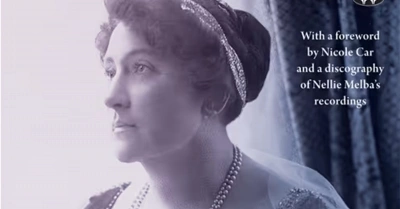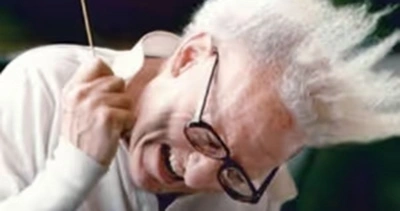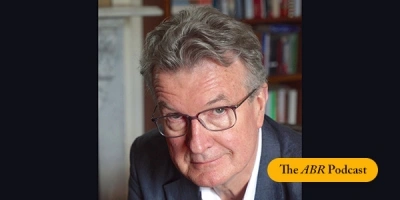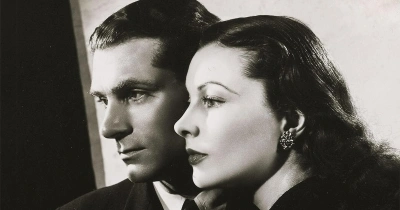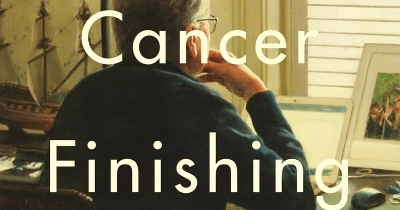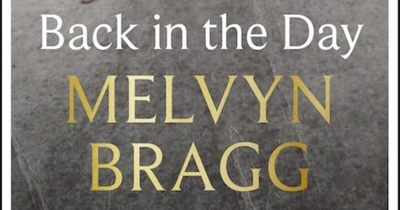Michael Shmith
Nellie Melba: The legend lives – a biography by Richard Davis
Carlo Felice Cillario: Italian maestro of the Australian Opera by Stephen Mould
In this week’s ABR Podcast, Michael Shmith reviews a memoir from poet, novelist, librettist, and Adelaide GP Peter Goldsworthy. The book’s title is The Cancer Finishing School. Shmith begins by observing that doctors aren’t supposed to become incurably ill, before immediately recognising this as the useless delusion of a patient. Michael Shmith is a Melbourne-based writer and editor whose most recent book is Merlyn, a biography of the widow of Sidney Myer. Listen to Michael Shmith’s ‘It might be …: P is for Peter, physician, patient, poet’, published in the April issue of ABR.
... (read more)God and the Angel: Vivien Leigh and Laurence Olivier’s tour de force of Australia and New Zealand by Shiroma Perera-Nathan
The Cancer Finishing School: Lessons in laughter, love and resilience by Peter Goldsworthy
Given the unalloyed delight of hearing the English pianist Paul Lewis’s magnificent traversal of the late sonatas of Schubert, it is hard to believe that these pieces, now so central to the piano repertoire, were once so peripheral, so neglected, as to be considered at worst non-existent or, at best, gemütlich items of curiosity. The latter view was neatly encapsulated by the great Schubert virtuoso, Alfred Brendel. In the early 1960s, he was on a recital tour of South America when Pope John XXIII died. In Buenos Aires, Brendel was politely asked if he could change his program to rid it of the Schubert Sonata in A. The reason: ‘It could arouse frivolous associations because of Lilac Time.’ Brendel explained that the sonata was ‘a profoundly tragic piece’, and played it as planned.
... (read more)To celebrate the year’s memorable plays, films, television, music, operas, dance, and exhibitions, we invited a number of arts professionals and critics to nominate their favourites.
... (read more)To celebrate the year’s memorable plays, films, television, music, operas, dance, and exhibitions, we invited a number of arts professionals and critics to nominate their favourites.
... (read more)

